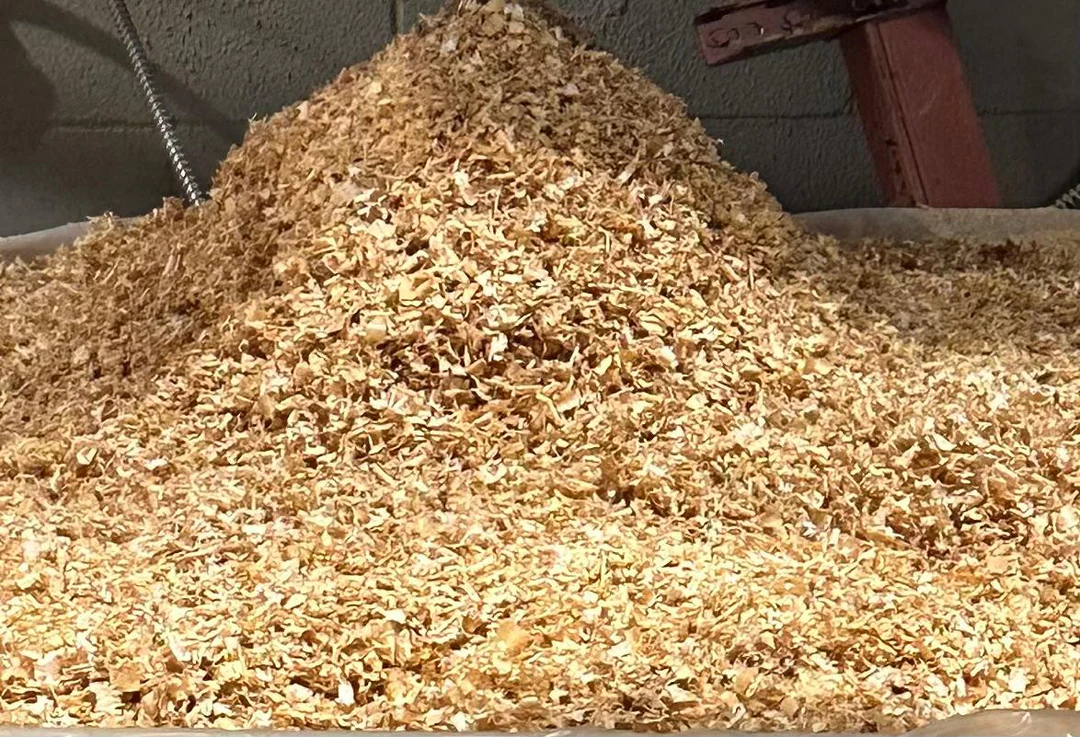Renewable energy sources are becoming increasingly important as the world shifts toward sustainable and eco-friendly power generation. Among the most efficient and renewable energy options are Wood Chips, which have become a reliable fuel source for power plants and biomass boilers. Wood chips are derived from forest residues, sawmill by-products, and recycled wood, making them an environmentally responsible and cost-effective alternative to fossil fuels. As global energy demands continue to grow, wood chips are playing a critical role in reducing carbon emissions while providing stable and renewable power.
What Are Wood Chips?
Wood chips are small, uniform pieces of wood created by chipping larger logs, branches, or other wood waste materials. They are typically produced using specialized machinery that ensures consistent size and quality. These wood chips are commonly used in biomass boilers and power plants to generate renewable heat and electricity. The composition of wood chips varies depending on the type of wood used—hardwood or softwood—and the moisture content, both of which affect their energy output and combustion efficiency.
The Role of Wood Chips in Renewable Energy
Power plants and biomass boilers rely on wood chips as a key renewable fuel source. When burned, wood chips release energy in the form of heat, which can be converted into electricity through steam turbines. Unlike fossil fuels, wood chips are carbon-neutral because the carbon dioxide emitted during combustion is roughly equal to the amount absorbed by trees during their growth. This balance helps minimize greenhouse gas emissions, making wood chips a sustainable energy option for communities and industries seeking to reduce their environmental footprint.
Advantages of Using Wood Chips in Power Plants
One of the biggest benefits of using wood chips in power plants is their renewability. Since wood chips can be sourced from forestry waste and recycled wood, they contribute to a circular economy. They also have a lower sulfur and nitrogen content compared to coal, which results in cleaner emissions. Additionally, wood chips can be produced locally, supporting regional economies and reducing dependence on imported fossil fuels. Power plants that utilize wood chips also benefit from lower operational costs and access to renewable energy incentives.
Wood Chips for Biomass Boilers
Biomass boilers are widely used for heating systems in residential, commercial, and industrial applications. Wood chips serve as an efficient and renewable fuel for these boilers, providing consistent heat while minimizing environmental impact. The use of wood chips in biomass boilers allows for automated feeding systems, ensuring a steady energy supply with minimal manual intervention. Because wood chips are available in various grades and sizes, users can select the right type for their specific boiler design to achieve maximum efficiency.
Environmental Benefits of Wood Chips
The environmental advantages of wood chips go beyond carbon reduction. Using wood chips helps divert waste from landfills, promotes sustainable forestry management, and reduces reliance on non-renewable energy sources. Furthermore, when wood chips are sourced responsibly from certified forests, they support biodiversity and reforestation initiatives. Compared to fossil fuels, wood chips produce less ash and particulate matter, making them a cleaner energy source for both rural and urban power generation.
Economic Impact of Wood Chip Production
The production and use of wood chips have significant economic benefits. Local production of wood chips creates jobs in harvesting, processing, and transport. This industry supports rural economies by providing new income streams for forestry operations and sawmills. The growing demand for wood chips also encourages investment in renewable energy infrastructure, helping regions become more energy independent. As governments push for cleaner energy policies, the market for wood chips continues to expand rapidly.
Quality and Storage of Wood Chips
Maintaining the quality of wood chips is crucial for achieving optimal performance in power plants and biomass boilers. Moisture content plays a vital role, as excessively wet wood chips can reduce combustion efficiency. To preserve energy content, wood chips should be stored in dry and well-ventilated areas. Proper storage also prevents mold and decomposition, ensuring consistent fuel quality. Many facilities implement drying systems to reduce moisture levels and enhance the overall energy output of wood chips.
The Future of Wood Chips in Renewable Energy
As global energy policies increasingly favor renewable resources, wood chips are set to play an even greater role in the future of sustainable power generation. Advances in technology are making wood chips more efficient and easier to process. Power plants and heating facilities are adopting innovative combustion systems designed specifically for wood chips, maximizing energy output while reducing emissions. With ongoing research and government support, wood chips will continue to be a cornerstone of the renewable energy transition.
Conclusion
The use of wood chips in power plants and biomass boilers represents a powerful step toward a more sustainable and eco-friendly energy future. As a renewable, carbon-neutral, and locally sourced fuel, wood chips offer numerous environmental and economic advantages. They help reduce greenhouse gas emissions, support local economies, and promote responsible forest management. With continued technological innovation and policy support, wood chips are poised to become an even more vital component of the global renewable energy landscape, driving the transition toward cleaner, greener power generation.



